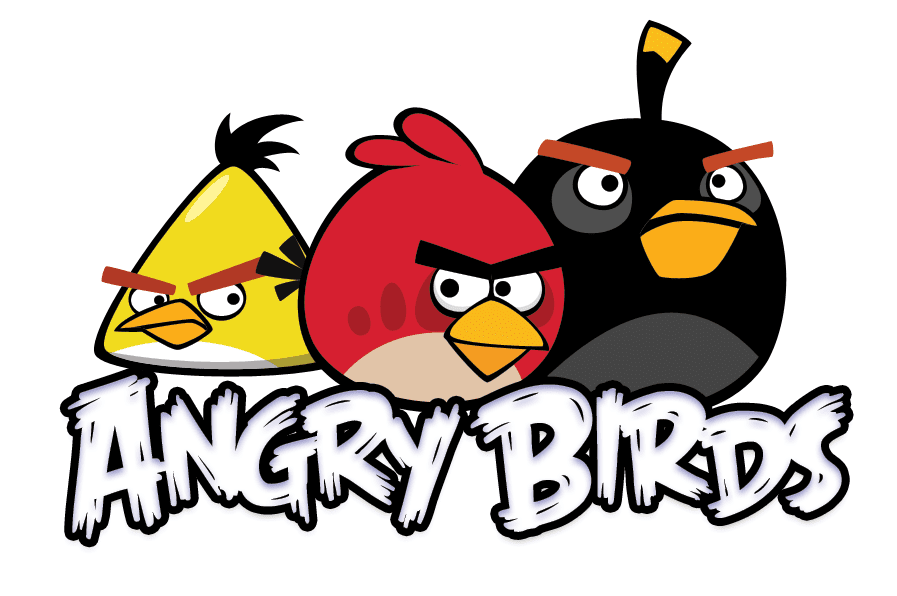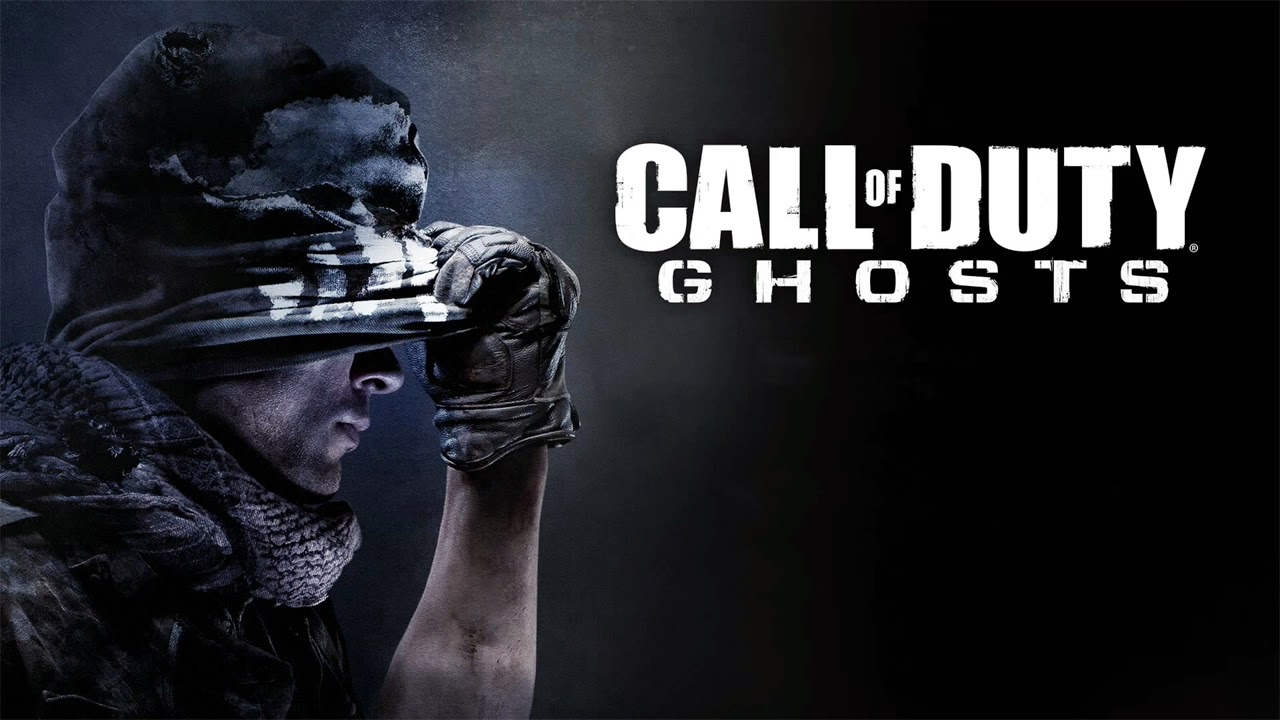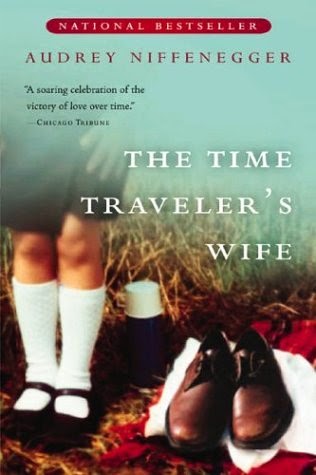If you are at all involved in gaming, you've probably heard the term "casual." Likely in combination with the word "filthy," "goddamn," "stupid," or more creative derogatory adjectives.
If you know absolutely nothing about gaming... "Casual" is a term used to refer to a person who plays casual games. "Casual games" are those that are seen as lacking a required dedication, those with a simplicity of game mechanics compared to those in the mainstream, those that are easily accessible to people of any age regardless of their previous gaming experience.
Examples include cell phone games (Angry Birds, Bejeweled), Facebook games (Farmville, Papa Pear), a lot of Wii/motion control titles (Wii Sports, Just Dance) and many indie games (Gone Home, Dear Esther).
 |
Image source: http://rovio.com.co/
Do you know how many hours people put into this game? Probably more than I put into most JRPGs... |
So why the hate for casuals? It's sort of a complicated issue, though I'd argue it really shouldn't be. It's reliant on a few major facts:
Gaming has been highly persecuted throughout its existence. Video games have been blamed for everything from rotting brains to causing mass shootings. On top of that, it has generally been seen as a niche interest held by antisocial nerds. In a nutshell, gamers are used to having their medium (and themselves) criticized and having to defend gaming against non-gamers.
 |
Image source: http://mp1st.com/2014/03/13/call-duty-ghosts-ps4-receives-1-7-gb-stability-patch/#.VGi6NsmFLts
Interestingly, FPS games like COD have actually been scientifically linked to benefits like increased spatial awareness |
Gaming has become a very lucrative business and therefore has become very steeped in business politics. Until recently, when indie game developers finally were given the mechanisms to reach audiences on a wider scale, the medium has been almost solely reliant on large publishers to distribute games. Unfortunately, these publishers care more about profit than fan loyalty. Games are pushed out before they are ready, downloadable content is tacked on at high costs, and a gimmick is always great for a Christmas rush.
 |
Image source: http://assassinscreed.wikia.com/wiki/Assassin%27s_Creed:_Unity
Speaking of rushed releases... Youtube some of the glitches next time you're bored. |
Because gaming was such a select group for so long, there hasn't been a lot of change to the content of games. And since the content never diversified, the diversity of the audience failed to flourish, making the group somewhat exclusive. The current audience has become acclimated to a certain type of game and a certain type of content (e.g. the angry, violent white man wants retribution).
 |
Image source: http://iheartbeingagirl.blogspot.ca/2013/03/why-so-many-videogame-characters-look.html
Well that's a diverse group if ever I saw one... |
Video games are now being marketed to previous non-gamers. A few years ago, with the release of Nintendo's family system, the Wii, and the advent of multipurpose devices like tablets and smart phones, video games began to be noticed by nongamers. From here, things like Steam Greenlight, Kickstarter and Indiegogo began allowing diverse independent designers to make and widely distribute games. Games that were different than the mainstream in mechanics, story and characters. Games that had almost no mechanics, games with no graphics, games that were easy to pick up and put down. Games that appealed to all races, all genders and all ages.
 |
Image source: http://www.nintendo.com/wiiu/videos/#all/Wii_U_stories:_The_Jones_Family
Nintendo's ads now tend to focus more on families and less on stereotypical gamers |
Combine these facts and you get a group that's very possessive of their medium. Many of them define themselves based on this medium. They are a Gamer. Now, all the people who didn't understand their interests are also identifying as Gamers, but often the games they're playing have no resemblance to the games previously considered mainstream. And worse, the companies that distribute the games are catching on that there are more casuals than mainstream Gamers. There's serious profit to be earned and they just might shift focus. The result: the people who used to criticize gaming have now stolen the medium for themselves, taking the games and the gaming identity with them.
It's easy to see how hatred stems from this. The problem is that the logic behind this conclusion is fundamentally flawed.
For one: casuals are not all the same people who originally persecuted gaming. It is largely made up of people who would have been gamers but didn't know where to start. Or felt unwelcome. It's made up of the people whose parents couldn't afford a console when they were kids. The women who were tired of seeing themselves portrayed as the victim. The people of colour that struggled to find their own heroes. The LGBTQ community that felt invisible at best and the butt of a joke at worst. The grandparents that felt they were too old to learn something so new. The moms who hardly ever had a hand free or a moment to spare. The people who were sick of violence. These games provide a less intimidating gateway into all types of games. And even if some of these people used to think poorly of games, isn't it in everyone's best interest when we're all on the same side? The side that supports video games as a legitimate hobby?
 |
Image source: http://store.steampowered.com/app/400/
Portal is a great example of what diversity in the gaming industry can create |
Next problem: these people are NOT taking games away. The publishing industry has long had a problem with catering only to the majority. Those of us who love puzzle games, point and click adventures or even brutally punishing games have known this for a long time. As have the people I mentioned before. We've had to look elsewhere for our games and the selection has often been limited. If games do start disappearing, blame the greedy publishing companies, not the audience. Blame the selfish developers who are willing to sacrifice their artistic autonomy to make a buck. Support the indie developer and the businesses that help them without keeping them on a tight leash. Speak out against greedy companies like EA, Activision, etc.
Now, keep in mind that accepting "casual" gamers as legitimately part of the gaming community DOES NOT mean all games need to be geared towards everyone. It does not mean all violent games will be done away with. It doesn't mean that games' difficulty will be lowered. It does not mean that all games will have some artistic and deep meaning that overrides the game play. At least it shouldn't. And if this happens, once again, we need to look to the developers and publishers to make original content and not what will make a quick profit. We should not blame the audience they are CHOOSING to cater to.
What it DOES mean is that a game can have a low difficulty level and focus on artistic experience over complex mechanics WITHOUT being criticized. It means reviewers should not be persecuted for giving positive reviews to games that don't fit previous definitions of "games." It means that we should not make someone feel ashamed because their gaming experience consists of Farmville and Angry Birds. After all, isn't this part of what started the problem in the first place? People criticizing and judging others based on their interests? You don't have to like casual games. You can have intellectual discussions about genre boundaries, game play mechanics and story preference, but insulting or excluding someone or a group of someones based on their tastes is pathetic.
The issue really shouldn't be this complicated. I think of it in terms of books. I love reading. I love it when other people say they like reading too. There are a lot of people I know who read all the time and yet we have no similar interests in books. That's why genres exist - so we can roughly determine how much a title will interest us. Whether it will interest a friend. My friend's love of romance does not degrade my love for fantasy. And the same goes for different formats as well. The existence of comic books does not harm classic literature. Marvel fans are not making a power play against Dickens' fans. I am not offended by my child's See and Sound book. I don't have a problem with audio books...
"I mean... they're just too easy. They shouldn't even call them books. Filthy casuals. Real readers read TEXT."





















